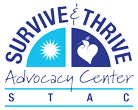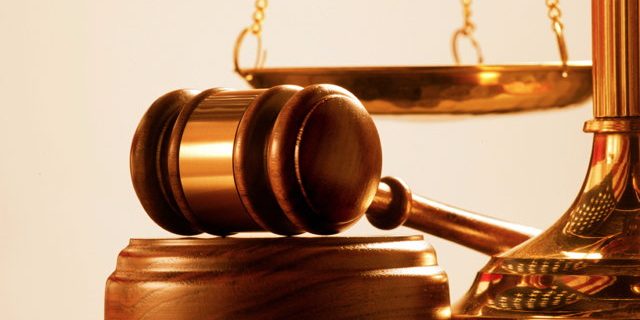Human trafficking – or modern day slavery – has tentacles throughout the Big Bend of Florida where trafficking is alive and well. This area has seen many cases of people being bought and sold and exploited for sex or for labor. Traffickers prey on people who are vulnerable: whether young or old, male or female, educated or illiterate, or U.S. citizen or foreign born. And recently we have seen an alarming increase in the number of traffickers targeting the disabled.
The justice system has a vital role in preventing trafficking and helping victims. And, regardless of the paralegal’s practice area, human trafficking is important to understand.
Most people think only of the criminal justice system when they consider human trafficking. Why is that? Clearly, we get most of our information about this issue when there is a high profile prosecution, when a trafficker is sent to prison, or when we see a trafficker’s mug shot on the evening news. These are all compelling and important events that bring the horrific reality of sex and labor trafficking into our awareness. They are also one way that we bring justice to our communities and to trafficking victims.
Less often do we see the civil side of the justice system in action, unless there is a large dollar jury verdict against a trafficker. We simply do not easily connect civil relief to human trafficking victims. Yet, this is kind of legal assistance can be what survivors need the most to be able to recover from being trafficked and to move on with their lives.
Traffickers exploit the labor and very lifeblood of other people. They cause extreme physical, emotional and financial harm to them and to their families. The harms they cause it can last a lifetime. These harms include fraud, wage theft, sexual violence, physical violence, and an array of other violations. How can the justice system help a victim to heal? In this area, clearly victims need financial relief. They have been forced to work for a little or no pay. They’ve been discriminated against and harmed. They’ve been enslaved.
Survivors need help with many civil matters including protection orders, expunction, benefits relief, family and child custody matters, and immigration assistance. Trafficked survivors need legal help to recover restitution awarded in criminal cases. Firms that represent employers and businesses can also make sure that their clients are not engaging with third parties who are labor traffickers.
The justice system plays a vital role in bringing help and relief to this population. Law firms and all legal professionals can bring awareness to the rest of our community, as well as to firm clients, about this horrific reality by using the federal and state laws provide specific civil remedies for human trafficking victims. And, we call can do more to bring relief and assistance to trafficking survivors and work hard to make sure traffickers are brought to justice.
For information about civil human trafficking cases see http://www.htprobono.org. For more information:
please contact Robin Hassler Thompson, Executive Director of STAC at 850-597-2080 or Robin@surviveandthriveadvocacy.org




